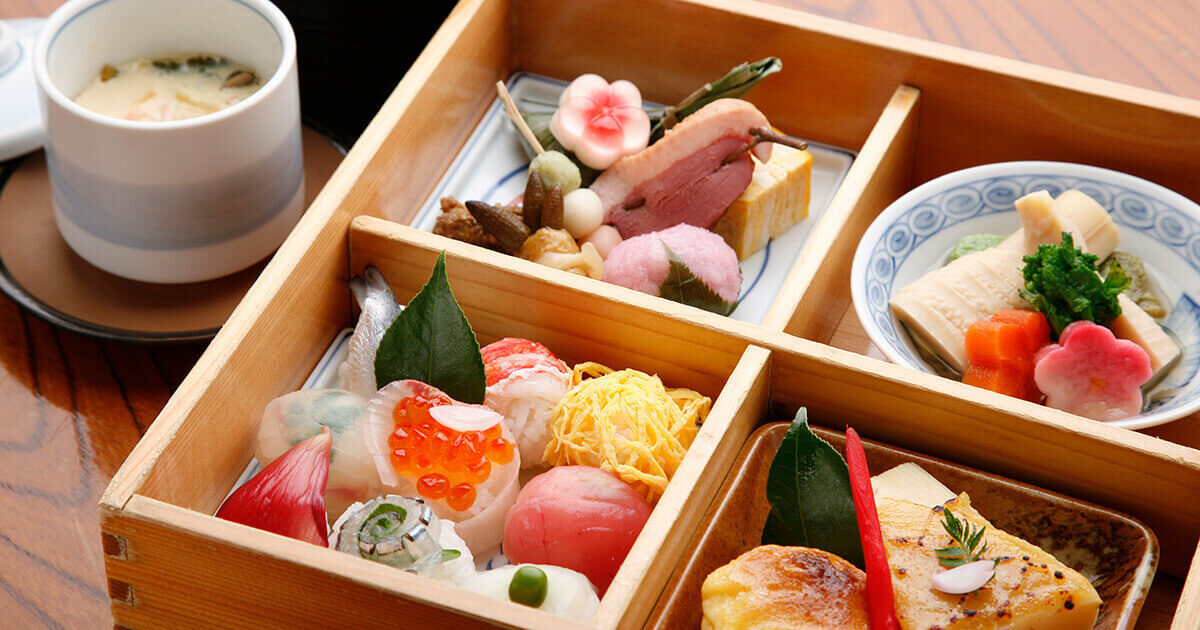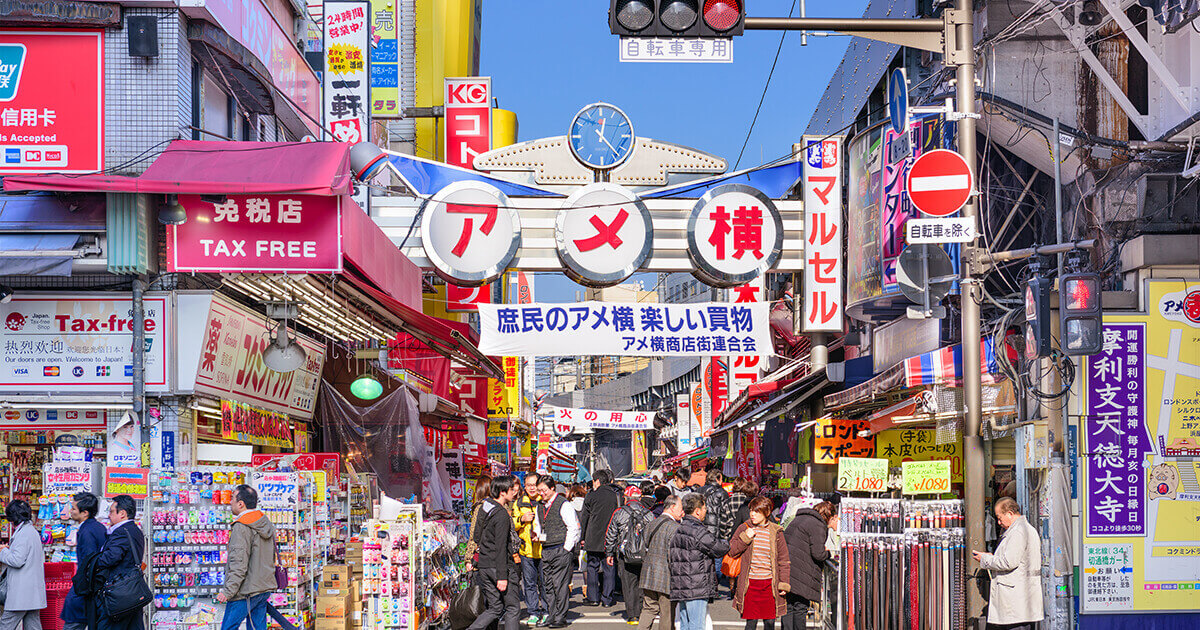
Is Japanese language difficult to learn? Let’s look at the characteristics of the language
- Updated:
- Published:
We often hear people say that Japanese is a very difficult language to learn and that it takes a lot of time to master the language. What exactly makes Japanese difficult? Let’s look at the characteristics of the language. Japanese […]








